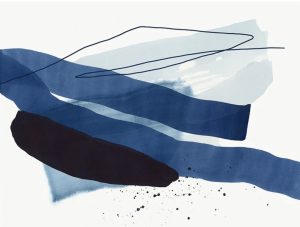Click on the images to see a larger version of the art.
Scroll below for image, artist description and biography.
Each piece: $500 (frame not included). Prints are available.
Contact the artist via Instagram @paintitout.ca OR @andanyart OR website: http://paintitout.ca.






